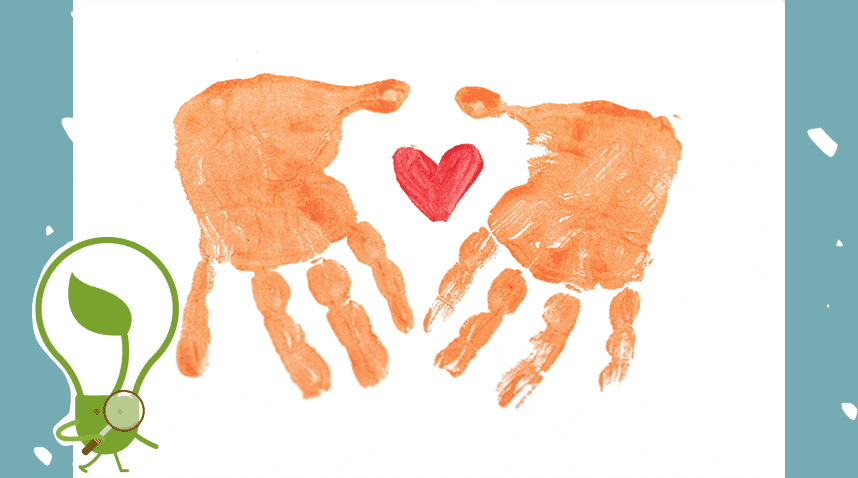TLDR: Does it suck when our help is rejected even though we know we can REALLY help the person? Frustration often sets in. How can we approach helping others who don’t want our care? We discuss Dhamma principles of Equanimity, Metta, Mindfulness as a guide.
Caring for those who don’t wish for us to care for them can be a difficult task – and it’s one that can be emotionally draining. This is especially true when it comes to family members, friends, or other loved ones.
We want to help them and be there for them, but it can feel like a losing battle if they don’t want our help. As Buddhists, we can lean on the Buddha’s teachings of equanimity, loving-kindness, and mindfulness to help us in such situations. These are 3 qualities I found helpful in such situations.
Equanimity: It is not about you
It feels awful when we can’t help someone in need. This is especially so if they are our loved ones. However, being there does not always mean being in their face and offering 24/7 support but it also sometimes means giving space and silence.
We try our best to help and if rejection faces us, we take that rejection calmly and not with resentment.
We have to accept that their feelings and wishes are valid, even if we disagree with them. (Who knows, they might figure things out faster without our help!)
I’ve personally experienced this with a family member. She was going through a breakup and I wanted to be there for her, but she resisted my attempts to help.
I didn’t give up, though. I respected her wishes and continued to show her love and support in different manners. This included sending check-in texts and asking her out for a meal without talking at all about the topic. Understanding that my role was to care and listen and not ‘solve’ her heartbreak encouraged me to support her without any expectations.
It was during this process of rejection, that I applied equanimity, the balance of mind regardless of the outcome. I was learning to be content with the causes I have placed effort into. If she didn’t wish to accept my help and felt worse, I knew that I tried my best.
Ajahn Chah talked about planting seeds which I found apt in my experience.
“If you plant a seedling in one place, then after three days pull it up and plant it in another place, then after three more days, pull it up again and plant it somewhere else, it will just die and not grow up and bear fruit.”
In our desperation to ‘solve’ and ‘help’ we may end up hurting the person more.
Interestingly, I found that I placed too much self-importance on myself ‘solving’ her problems. In fact, it was my opening up to her other close friend that helped my sister face her emotions and challenges.
In equanimity, I was able to see that I need not be the ‘solver’ of all my loved ones’ problems. Even I needed support to help others.
Loving-kindness: Be well and happy but not because of me
The Buddhist teaching of metta, or loving-kindness, is also a great way to care for those who don’t wish for us to care for them.
Metta is a practice of sending loving thoughts and energy to others, even those who may be resistant to our care. It’s a practice of unconditional love, that doesn’t require any expectation of reciprocity.
We don’t expect anything in return – we simply love and support unconditionally. I’ve also used this practice with a friend struggling with depression.
She was resistant to my attempts to help, but I continued to show her love and support through metta. I sent her thoughts of love and compassion, even when she didn’t want me to show up physically. She eventually figured her way through depression without me interfering much with the process.
This made me reflect that the metta wish of ‘may all beings be well and happy’ didn’t have a disclaimer that said ‘be well and happy because of me’. Dropping the ‘me’ from helping others was a gentle realisation for myself. I need not always be the one who helps others out of a rut.
Coincidentally, practising metta meditation on her own was one of the key ways she opened up the light in herself in her darkest moments.
Mindfulness: Honest reflections
Finally, the Buddhist practice of mindfulness can also be beneficial when it comes to caring for those who don’t wish for us to care for them.
Mindfulness is the practice of being present and aware of our thoughts and feelings, without judgment or expectation.
It’s a way of being compassionate and understanding towards ourselves, as well as towards those around us. When we practice mindfulness, we can be more accepting of others’ feelings and wishes, even if we don’t agree with them.
Mindfulness enables us to have an honest conversation with ourselves by answering “Am I doing this because I have something to prove? Am I doing this because this person’s actions are just NOT RIGHT according to my beliefs/value system?” These questions verify that we are coming from a position of care and not contempt.
I’ve used mindfulness when dealing with a colleague who was resistant to counsel and support. Instead of trying to convince him to accept my help, I practised mindfulness and accepted his feelings and wishes.
Just being there to listen deeply to his feelings without trying to conjure a ‘wise’ answer was a balm for his wounds.
I remained present and understanding, and eventually, he opened up and accepted my help at work. He ultimately took help to reduce his workload which arose from him saying ‘yes’ to too many projects.
Summary
Caring for those who don’t wish for us to care for them can be a difficult endeavour, but it’s important to remember the Dhamma values of equanimity, loving-kindness, and mindfulness. When we care, we don’t expect certain outcomes and reciprocity in return. We just put in the conditions for their well-being and let the situation unfold.
Through these practices, we can be there for those who don’t wish for us to care for them.


